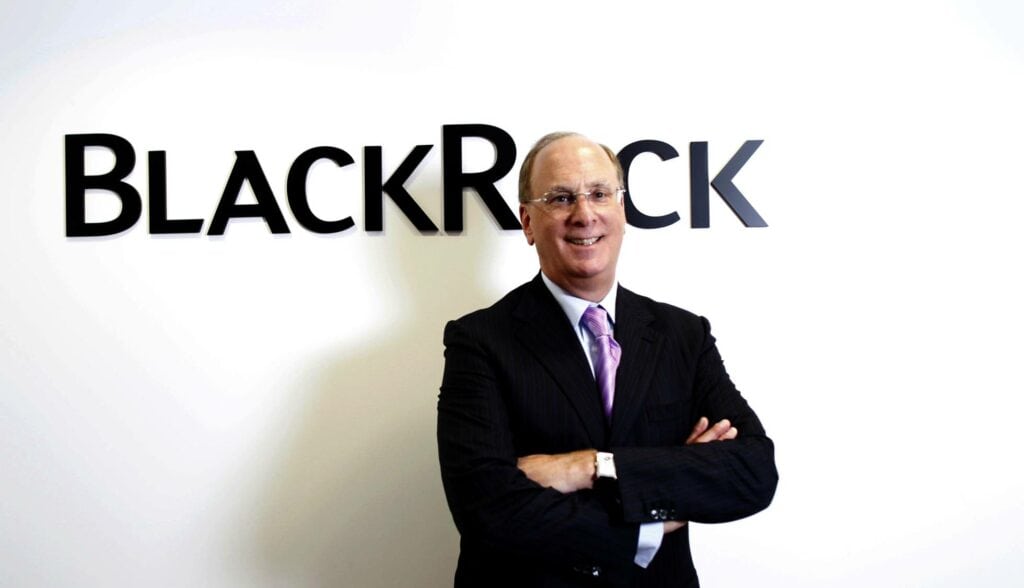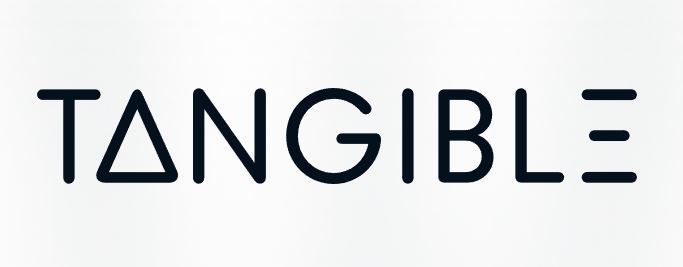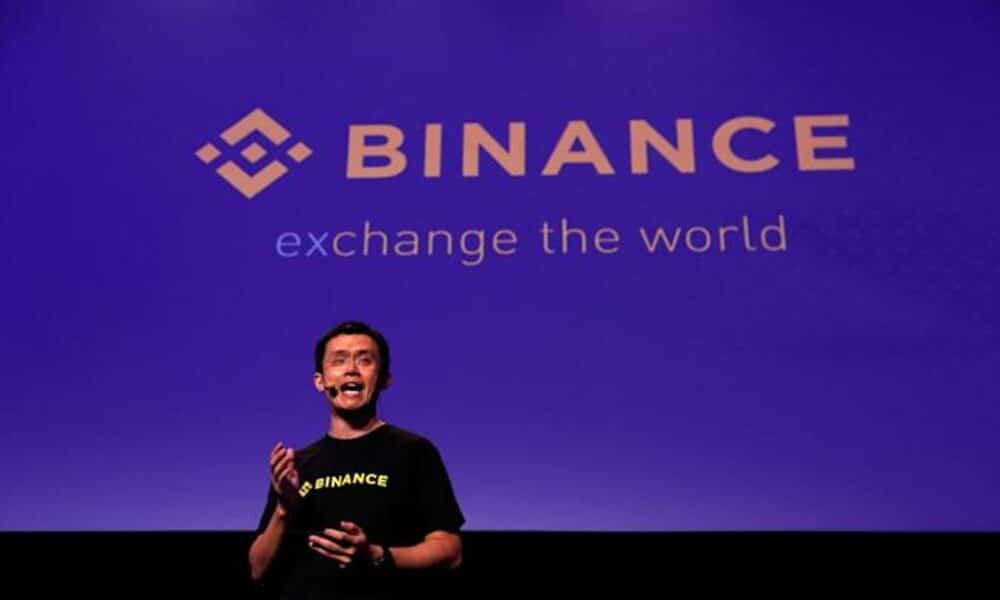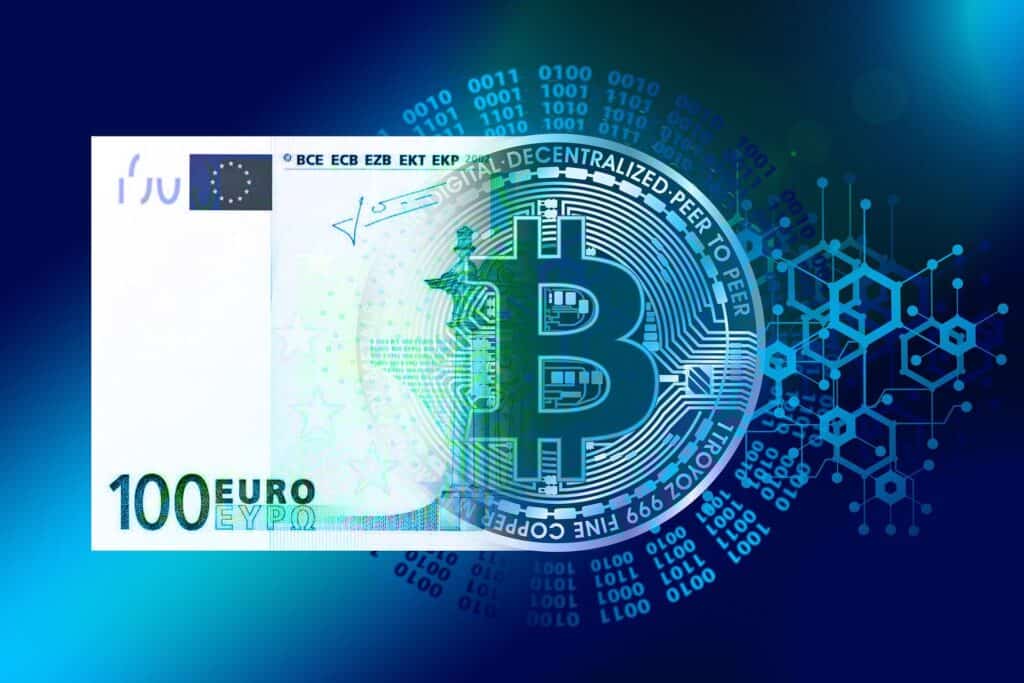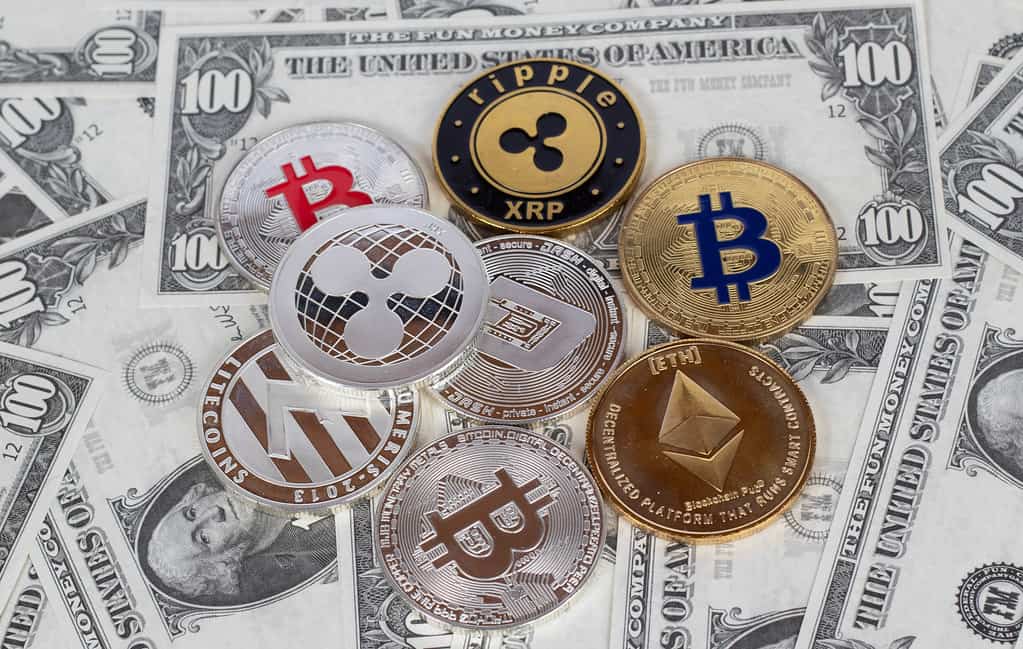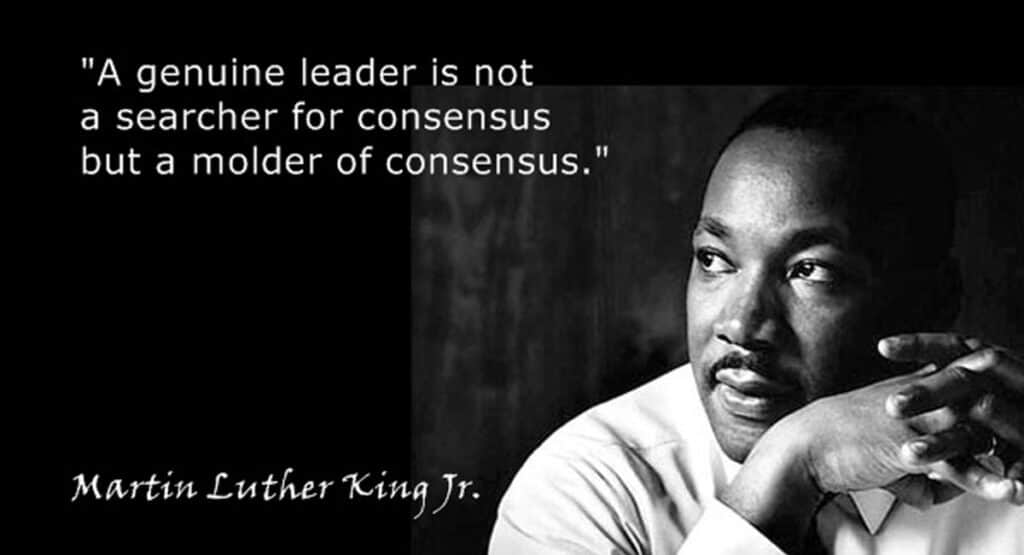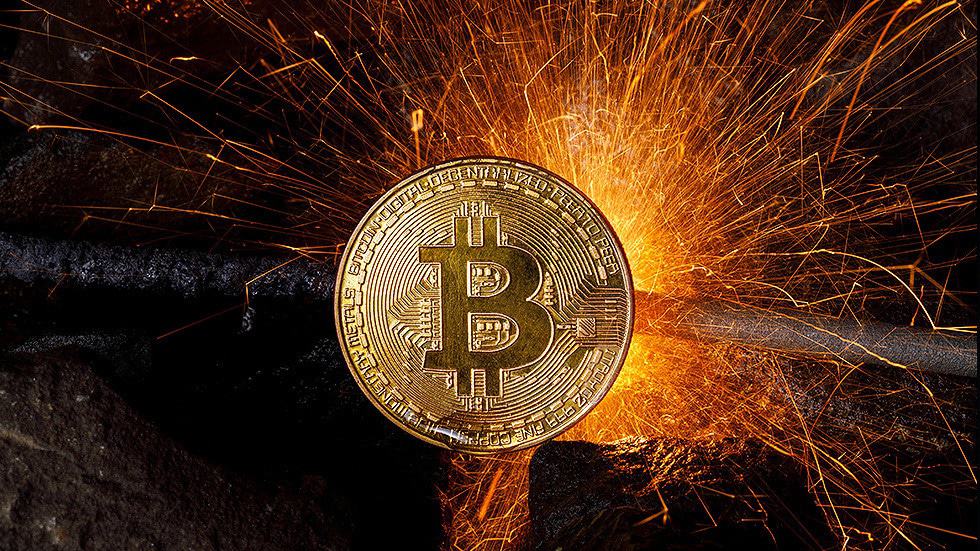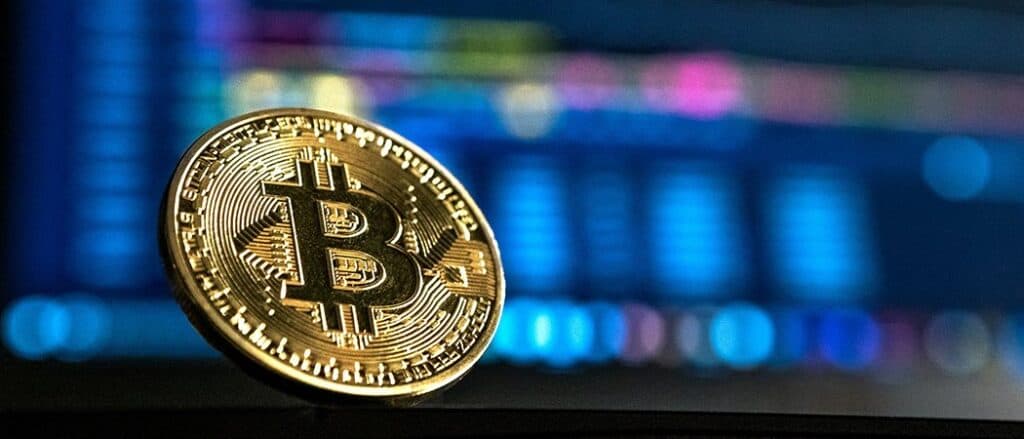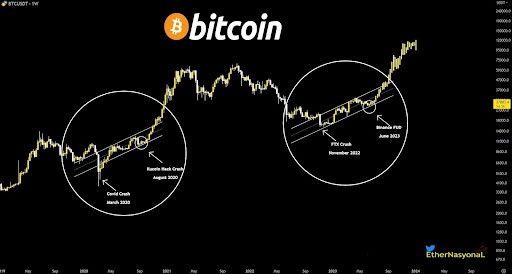On Tuesday, September 14th 2021, the Solana blockchain experienced an outage. It lasted for as long as 18 hours, and as it later turned out, the main culprit was Grape Protocol’s IDO bots. What happened and who saved the Solana blockchain is described below.
Solana outage
According to a report published by Solana, the 18-hour outage of the blockchain of the same name was caused by Grape Protocol’s IDO bots, which were launched on the Raydium exchange in the early hours of September 14. Using the bots, several traders attempted to generate unlimited trades, causing the Solana blockchain to experience memory overflow. This, and the lack of prioritization of messages critical to the network, caused it to fork and slow down transaction processing. The constant forking was the cause of validators failing, and then the Solana network simply went offline.
Restarting the blockchain
Initial attempts to restart the Solana network did not yield satisfactory results. The number of transactions continued to grow, and with it – the size of the problem grew as well. However, the user community, after diagnosing the problem, proposed a hard fork requiring at least 80% support. This consensus prompted engineers from around the world to create code that alleviated the problem. After 18 hours, the network was fully restored to service.
Is blockchain a better solution than the popular AWS?
Solana’s developers, recognizing the user community in the process of fixing the network, said blockchain may be a better technology than AWS, or Amazon Web Services, which is popular today and widely used in the industry. In the case of blockchain, it relies on the community, and it was because of the community that Solana’s performance issue was resolved in less than 24 hours. If AWS had experienced a similar glitch, Amazon engineers would have been deployed to fix it, and they would be the ones AWS users would rely on. In that case, it would have taken up to several weeks to repair the network.
It is for this reason that blockchain technology should be appreciated. Today, it is used in many sectors, including finance or politics.


